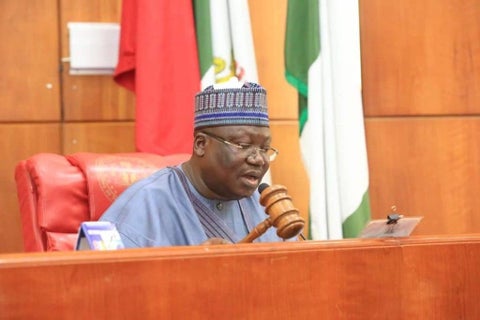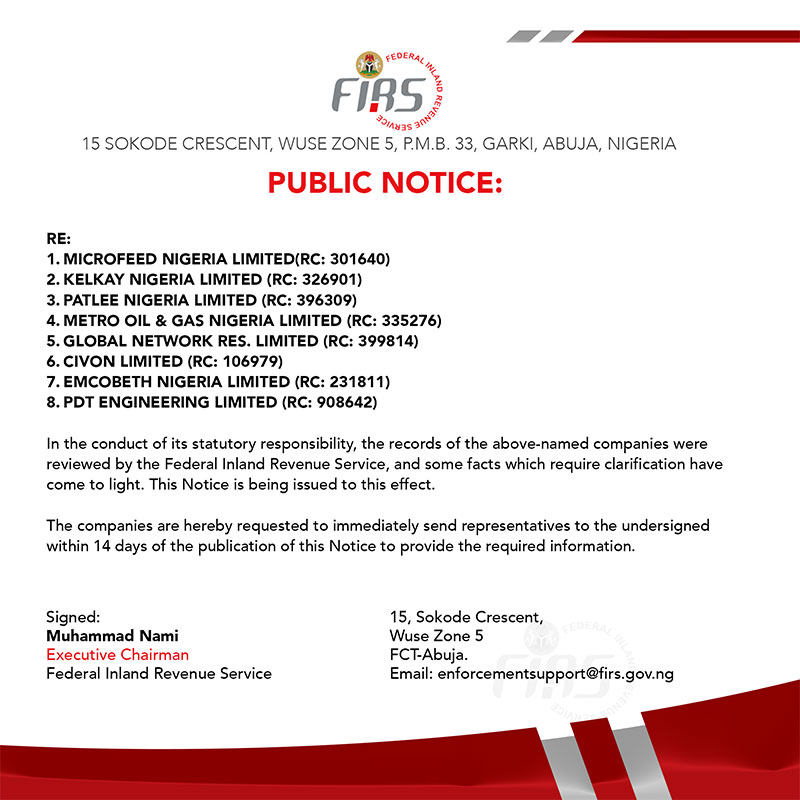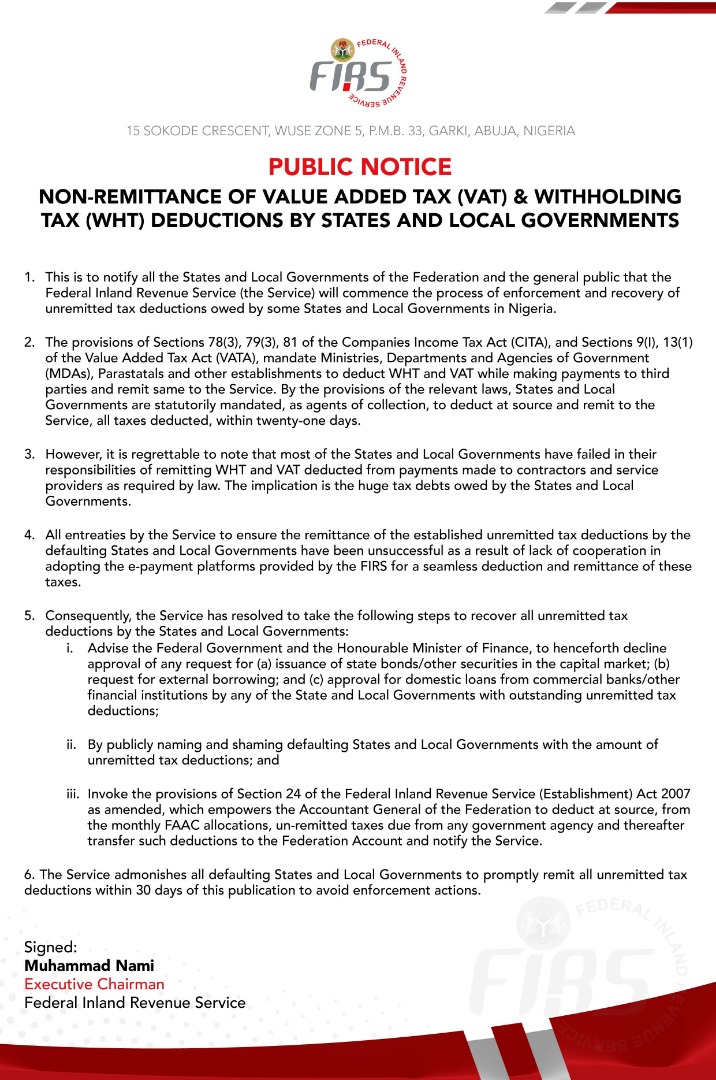*** Reduces oil production to 1.8mbd
***Declares Natural Resources Devt Acct as waste
The Senate on Tuesday jerked the price of crude to $28 per barrel as against the $25 per barrel proposed by the Executive in the revised Medium Term Expenditure Framework ( MTEF) and Fiscal Strategy Paper ( FSP) forwarded to it for approval.
According to the Senate, the increase became very imperative due to the recent upward trend of the crude oil market which, as today, stood at $38 per barrel with a very strong expectation that the price will rise to as $40 to $45 per barrel.
The Senate specifically called on the Central Bank of Nigeria, CBN to ensure that there was no further devaluation of the Naira against the dollars while the Executive should strongly ensure diversification of the economy.
The approval was sequel to the consideration of the report of the Senator Olamilekan Adeola, All Progressives Congress, APC, Lagos West led Senate Committee on Finance on the 2020-2022 Medium Term Expenditure Framework (MTEF) and Fiscal Strategy Paper (FSP) in line with the Fiscal Responsibility Act 2007.
The Upper Chamber also reduced from 1.9million barrel per day to 1.8million barrel per day, oil production proposed by the executive in the MTEF/FSP documents, just as it declared that money kept in the Natural Resources Development Accounts was total waste.
The Senate retained some critical parameters like exchange rate of N360 to a US dollar, 14.43 inflation growth rate and 4.42 Gross Domestic Product, GDP growth rate.
Other assumptions cum proposals retained are N5.09 Trillion FGN’s revenue, N10 .51 trillion proposed expenditure, N4.95 Trillion fiscal deficit, N4.17 Trillion new borrowings ( including Foreign and domestic Borrowing.
Others are N398.5 Billion as Statutory transfers, N2.68 Trillion for debt serving, N272.9 Billion as sinking fund, N536.7 Billion for Pension and gratuities.
At the end of the consideration, the Senate also retained the Critical components of the proposal as presented by the executive with adoption of
N10.51 Trillion as total expenditure,
N4.93 Trillion as total recurrent,
N2.83 Trillion for personnel cost and
N2.23 Trillion for capital expenditure.
Presenting the report, Senator Adeola said that the increase effected on the oil price benchmark was as a result of the recent upward trend of the crude oil market which as at today, stood at $38 per barrel with a very strong expectation that the price will rise to as $40 to $45 per barrel.
According to the Finance Committee Chairman, the Committee recommended the following: That the price of crude be increase to $28per barrel as against the $25 per barrel proposed by the executive. This is as a result of the recent upward trend of the crude oil market which as today stood at $38 per barrel with a very strong expectation that the price will rise to as $40 to $45 per barrel.
“That the oil production output be sustained at 1.8 Million per barrel day as proposed by the executive as this was the decision of cutting production by OPEC which Nigeria is a member.
“That due to current realities and downturn in the global economy the N360 /US $ 1 as proposed in the MTEF amendment by sustained with continuous effort by the Central Bank of Nigeria to stabilize the exchange rate ensures to no further devaluation of Naira against the dollars and also call on the Executive for strong diversification of the economy.
“That the sum of N500 Billion intervention fund drawn from various special accounts, and with the utilization of the fund clearly stated, and projects already added to the proposed revised 2020 budget send to the National Assembly be approved by the Senate.
“That the deficit of N4.95 Trillion as stated in the observation of the Committee be approved. The deficit will largely be financed from new borrowings estimated at N4.17 Trillion. It is expected that N1.98 Trillion of the new borrowings will be from external (multilateral) concessional sources, mainly the IMF, World Bank, African Development Bank and Islamic Development Bank. New Domestic debts totalling about N593.89 Billion will also be sourced for the 2020 budget. In addition, N126.04 Billion will be derived from Privatization proceeds, N263.63 Billion will be sourced from the Federal Government’s Special Accounts to fund Covid-19 expenditures, and M387.30 Billion will be drawn down on multilateral/bilateral loans secured for specific development projects.
“The deficit is currently 3.55% to GDP which exceed the ceiling of (3% of GDP) stipulated in section 12(i) of the Fiscal Responsibility Act (FRA) 2007 (as amended). Further to the above section, Section 12(ii) stated that aggregate expenditure for the financial year may exceed the ceiling imposed by the provisions if in the opinion of the President there is a clear and present threat to National Security or Sovereignty of the Federal Republic of Nigeria.
“The Covid-19 crisis has posed a threat to National Security within the contemplation of the FRA 2007. That the reduction in Customs budgeted revenue figure from N1.5 Trillion to N950 Billion be sustained, but with serious monitoring and supervision by the Customs with a view of blocking all revenue leakages in the system.
“That the first-line NNPC deductions from the federally funded project be approved, as the Federal Government position of the reduction which represents 42.8% of the overall savings amount to N360 Trillion go straight to the revenue coffers of the Federal Government for the funding of the 2020 amended budget.
“That the NNPC works on the various cost components, with a view to minimizing the production cost per barrel, and should take action on the Petroleum Industry Bill. That the non-oil revenue which includes the Capital Gaines Tax, Stamp Duty and Company Income Tax be sustained as contained in the proposed MTEF/FSP amendment with serious supervision with a view of blocking revenue leakages within the system.”
In his remarks after the adoption of the report, the President of the Senate, Ahmad Lawan urged the Senate Committee on Privatization to liaise with the Bureau of Public Enterprise ( BPE) to ensure that the projected N260billion from proceeds of privatized agencies was realised and accordingly used to fund the budget.
Lawan who frowned at some of the special accounts being kept by the executive, particularly the Natural Resources Development Accounts, said that such accounts at this time of scarcity of funds to finance the budget are not all that necessary, adding, “Keeping monies in Natural Resources Development Accounts is more of waste than serving critical purposes.”
He thereafter adjourned sitting of the Senate to Tuesday next week for consideration and possible passage of the revised N10.509 trillion 2020 budget.






























